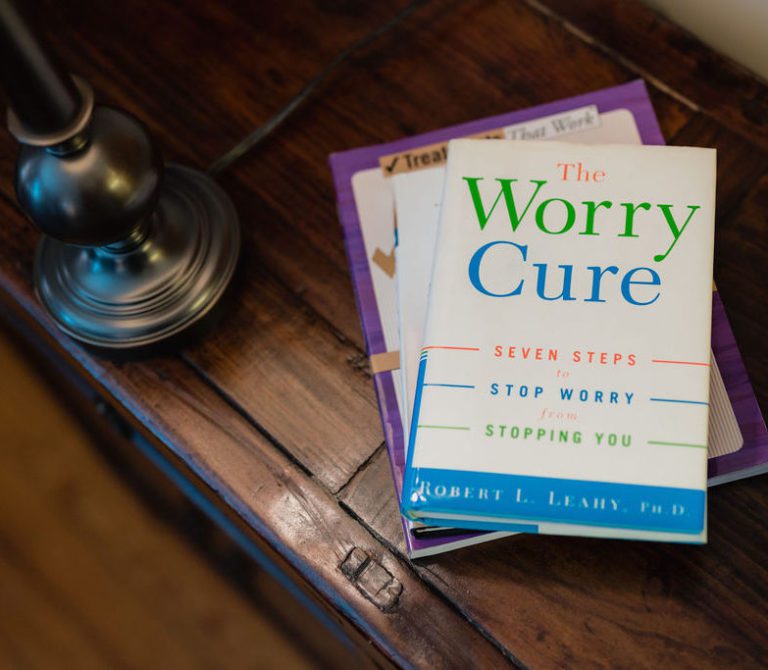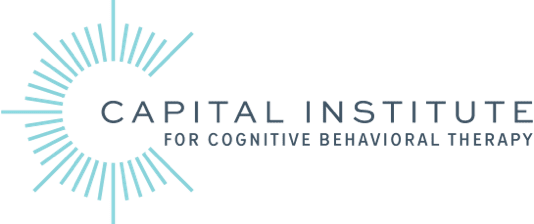Almost everyone feels anxious at times
However, people with anxiety disorders frequently have intense, persistent worry and fear about everyday situations. Often, anxiety disorders involve repeated episodes of sudden feelings of intense anxiety and fear that reach a peak within minutes (panic attacks).
These feelings of anxiety and panic interfere with daily activities, are challenging to control, are out of proportion to the actual danger and can be long-lasting. They can also include physical symptoms such as restlessness, shortness of breath, palpitations, muscle aches, sweating, and insomnia. You may avoid places or situations to prevent these feelings. Symptoms may start during childhood or the teen years and continue into adulthood.
- Anxiety coupled with ADHD, depression, and other disorders
- Mindfulness and ACT Approaches

Examples of Anxiety Disorders
You can have more than one anxiety disorder. Whatever form of anxiety you have, treatment can help.
- Generalized Anxiety Disorder (GAD)
- Agoraphobia
- Health Anxiety
- Panic Disorder
- Phobias
- Postpartum Depression and Anxiety
- Social Anxiety Disorder (Social Phobia)
- Test Anxiety
- Trichotillomania
Request Your Consultation
Ready to get started? Have questions? Click below to contact our helpful New Patient Coordinator.
Therapy Tailored For You
Individual therapy allows you to develop a relationship with a therapist who can take the time to get to know you, your history, your strengths, your struggles, your values and your goals. Treatment can be tailored specifically for you. Whether you prefer Teletherapy or in-person sessions at our Washington, DC or Bethesda offices, our experienced Psychologists are committed to delivering exceptional care.
- Weekly and/or multiple times a week sessions
- In-person & teletherapy services available
- Range of fees to fit your budget

Related Disorders
Depression
A mood disorder that causes a persistent feeling of sadness and loss of interest.
PTSD
Post Traumatic Stress Disorder is a common reaction to very stressful or traumatic events.
